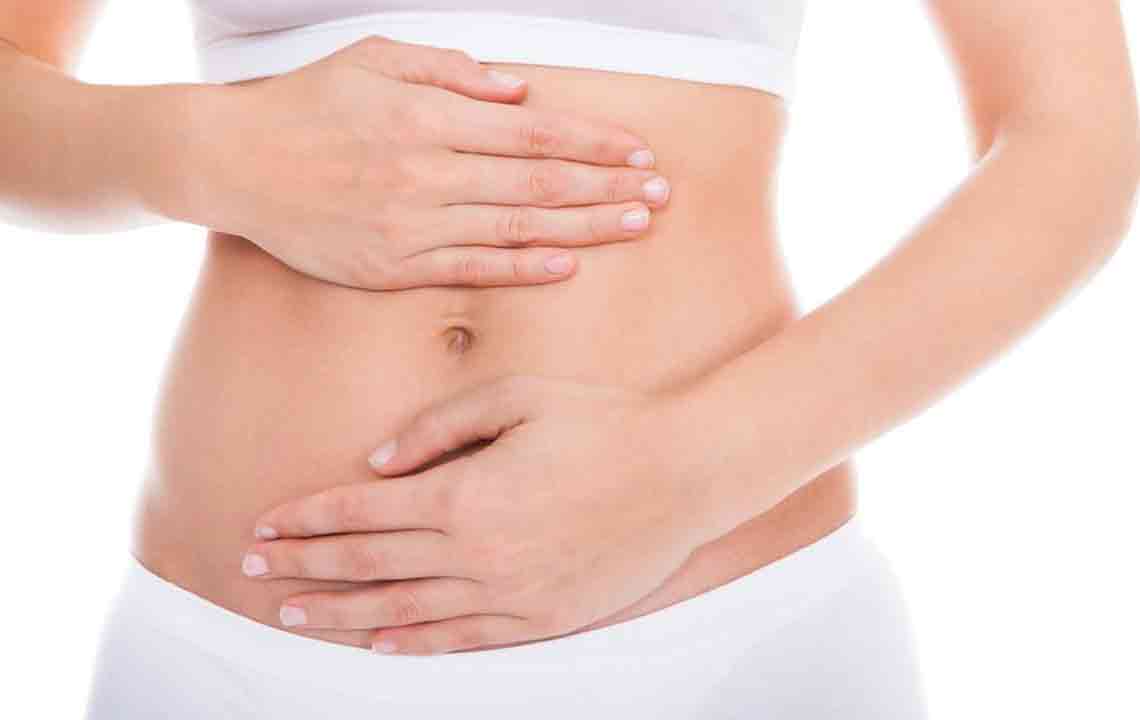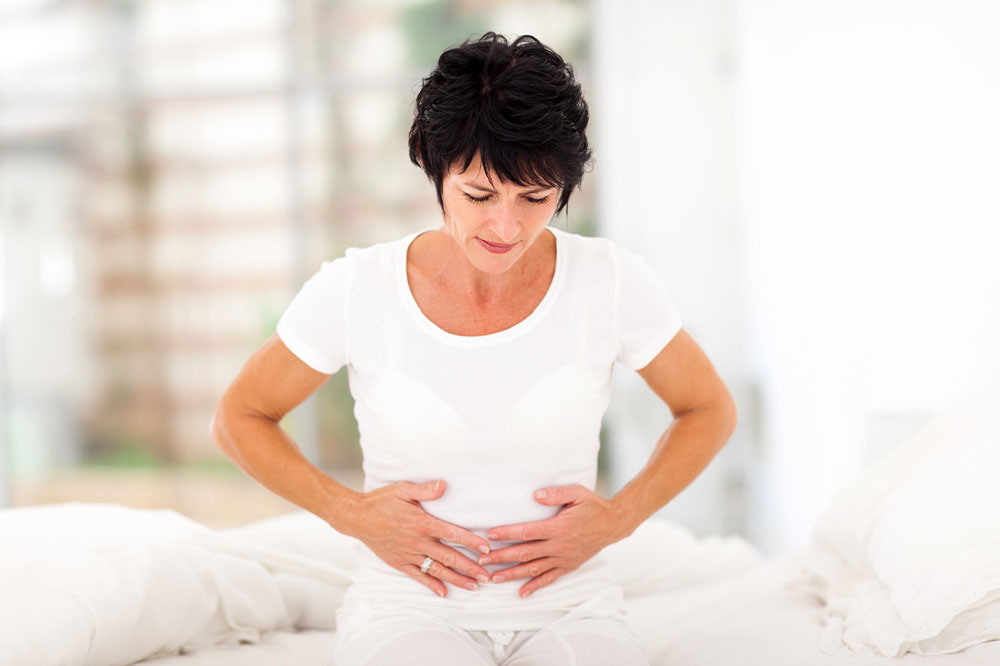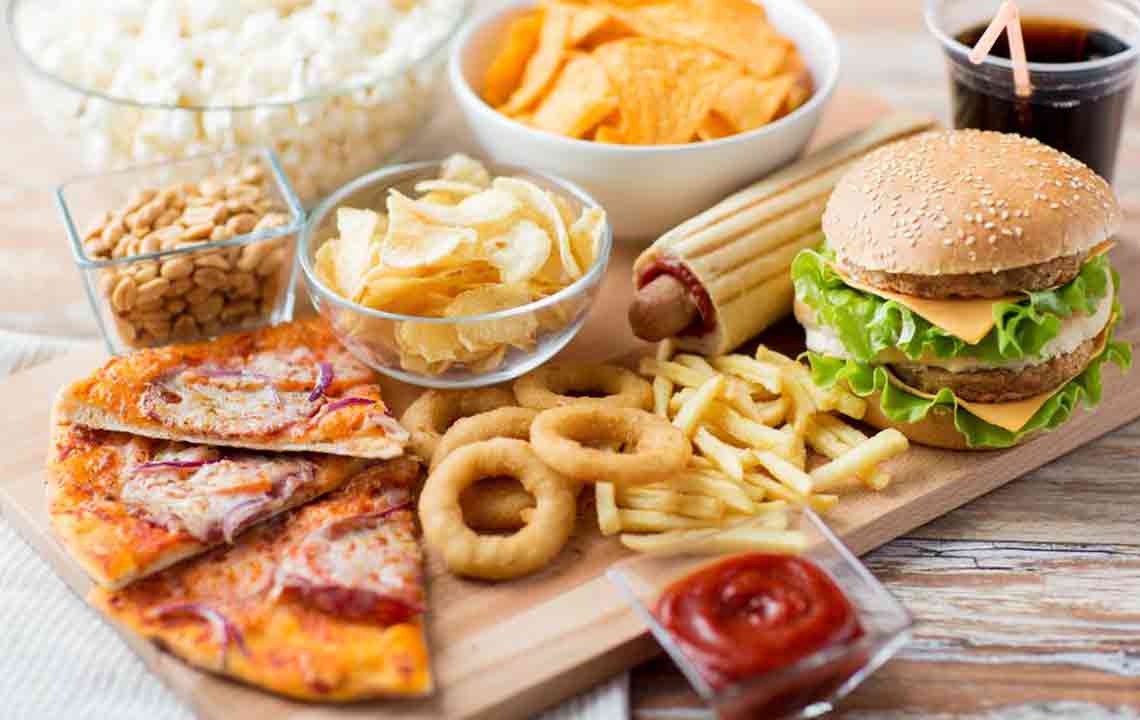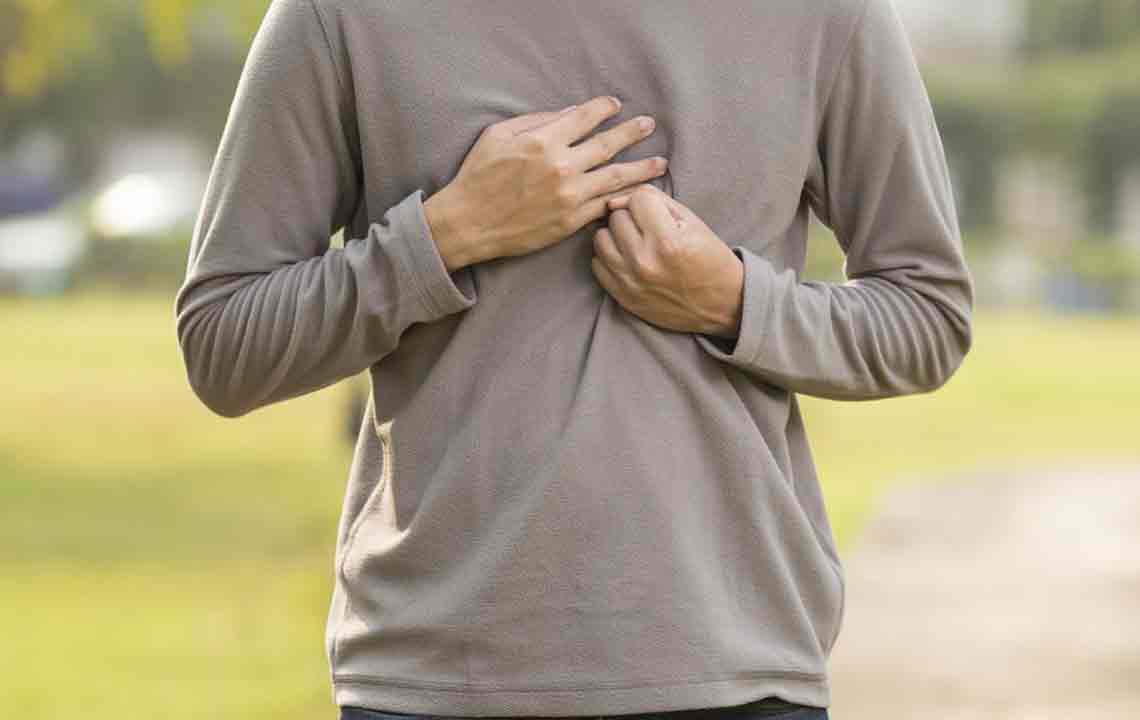Diet Plan for Managing Diverticulitis Effectively
Learn effective dietary strategies to manage and prevent diverticulitis. This guide highlights the best foods to eat, those to avoid, and lifestyle tips to maintain gut health. Adopting these changes can reduce symptoms, promote healing, and help prevent future flare-ups, ensuring a healthier digestive system. Follow a high-fiber, easily digestible diet and consult your healthcare provider for personalized advice.
Sponsored
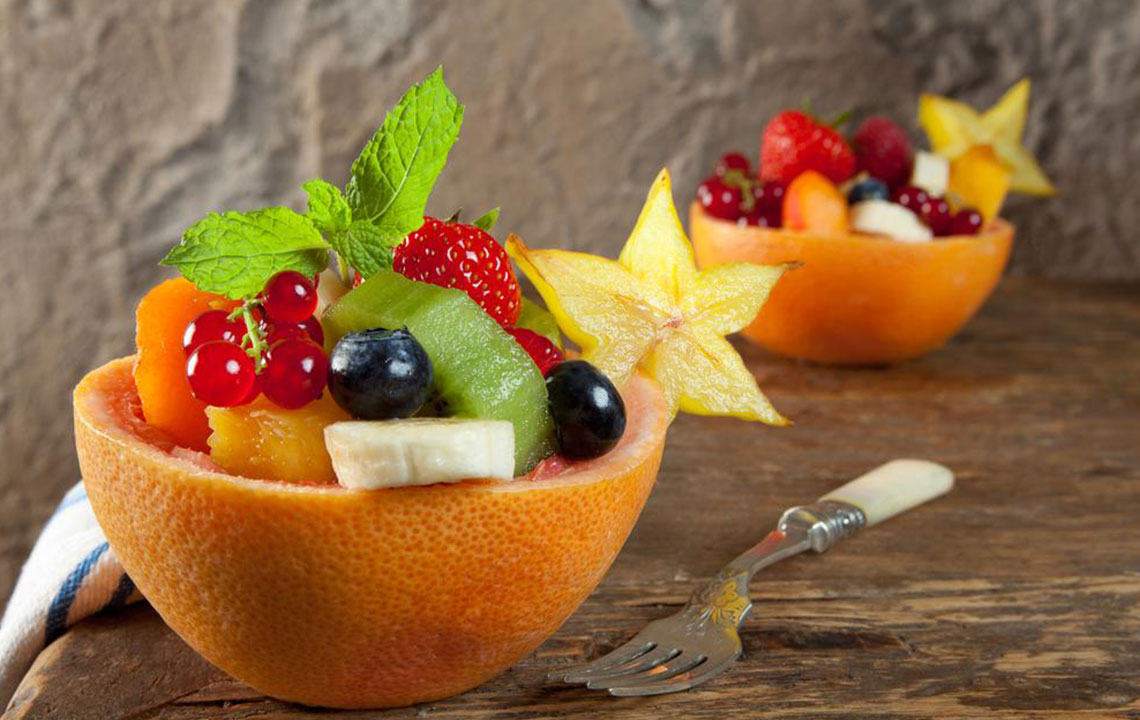
Diverticulitis is a serious condition involving inflammation of small pouches called diverticula in the large intestine. These pouches form when weakened spots in the intestinal wall bulge outward, especially in individuals over forty. The initial stage often involves mild inflammation, but it can worsen, leading to complications like abdominal pain, fever, bleeding, and nausea.
While medication and surgery are options for treatment, dietary adjustments play a key role in controlling diverticulitis. Adopting a specific diet can help give your digestion a rest, reduce symptoms, and prevent flare-ups. The approach includes consuming easily digestible foods and liquids, avoiding irritants.
What should you eat with diverticulitis?
Liquid diet intake needs to be increased during flare-ups. Recommended liquids include water, clear fruit juices without pulp (like apple juice), vegetable broths, herbal teas, gelatin, and ice chips. If symptoms improve, a transition to low-fiber foods is suggested, gradually moving to high-fiber diets as tolerated.
Low-fiber foods like eggs, fish, white bread, cooked vegetables without seeds, and dairy products are easy to digest. Once symptoms decrease, high-fiber foods such as whole grains, fruits, and vegetables help maintain long-term gut health. Aim for 25-30 grams of fiber daily, including foods like oats, brown rice, beans, apples, and broccoli.
For fiber supplementation, options like psyllium or methylcellulose can be used in consultation with a healthcare provider. Always hydrate well while increasing fiber intake.
Foods to avoid: Stay away from seeds, nuts, popcorn, and items that might lodge in diverticula, leading to irritation or infection.
Prevention tips: Maintain good digestive health by quitting smoking, drinking plenty of fluids, moderating red meat and fatty foods, exercising regularly, managing body weight, avoiding NSAIDs, and not delaying bowel movements. Consistent intake of a high-fiber diet is vital for lifetime health and preventing future episodes.
Incorporate these dietary guidelines as part of your overall treatment plan for diverticulitis to promote recovery and reduce recurrence risk.

